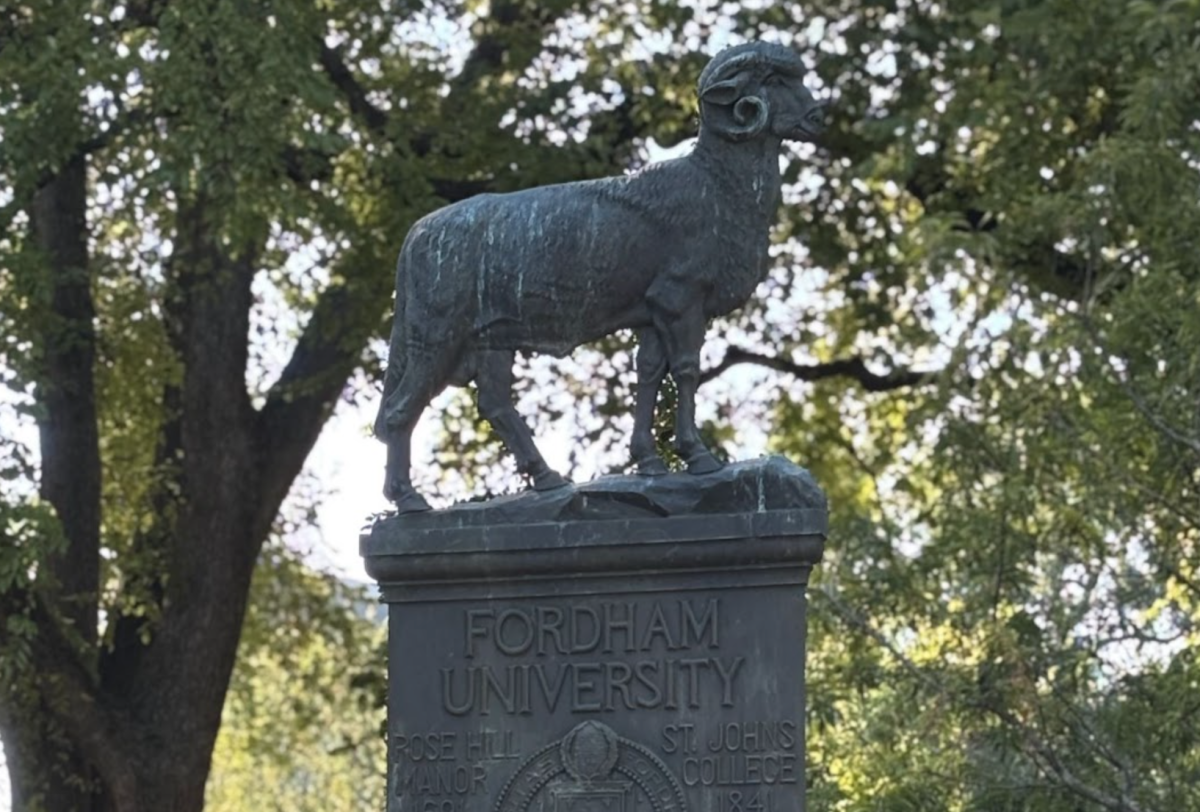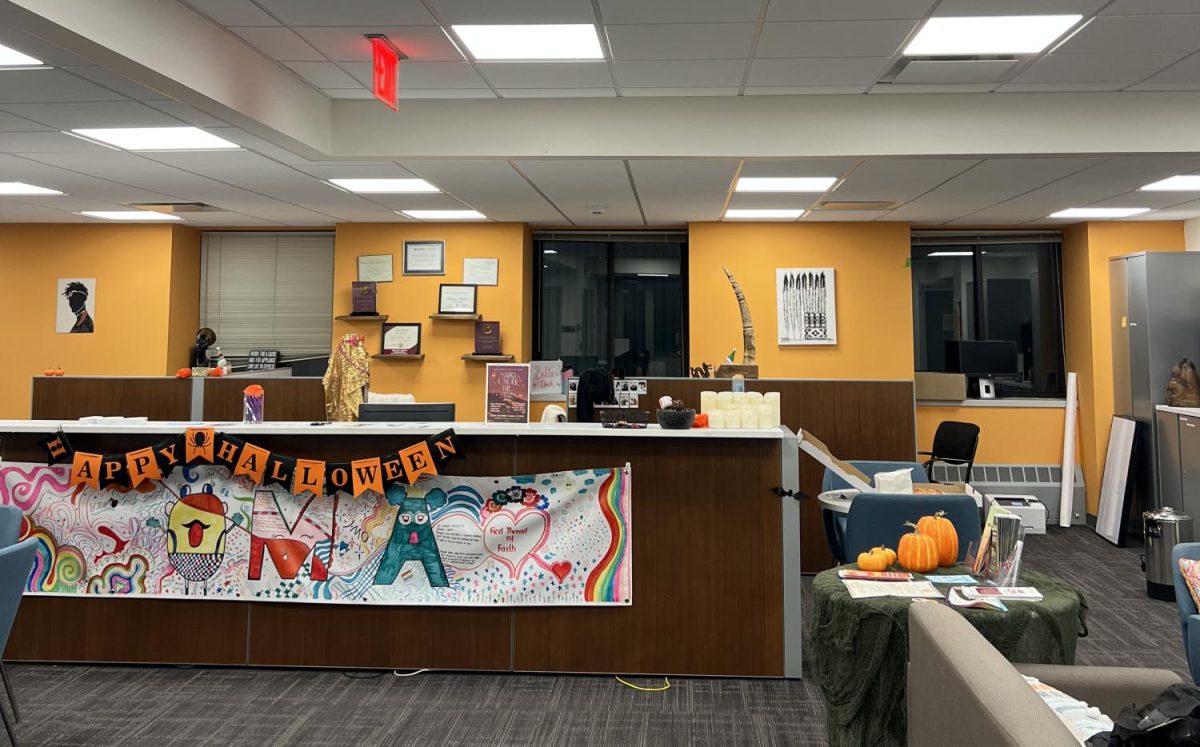Fordham University has been reaccredited by the Middle States Commission on Higher Education (MSCHE). The news was communicated to the university body on Sept. 16 in an email by Greer Jason-DiBartolo, Ph.D., associate dean of Strategic Initiatives and executive director of Operations, and Melissa Labonte, Ph.D., associate professor of political science. The reaccreditation is effective through 2033.
MSCHE is an organization recognized by the United States Department of Education that promotes peer evaluation in higher education. It was first established in 1919 and is headquartered in Wilmington, Delaware.
“The Middle States Commission on Higher Education (MSCHE) is a regional accrediting body that reviews colleges and universities to make sure they provide a high-quality education and operate with integrity,” Jason-DiBartolo said in an email, speaking on behalf of himself and Labonte. “Accreditation is both a ‘seal of approval’ and an ongoing process of improvement.”
The accreditation signifies that Fordham has met national standards for aspects of higher education, whether it be teaching styles, effective learning or student resources. It is also important for students receiving federal financial aid, since, in order to be eligible for financial aid, students must attend an accredited institution of higher education. Degrees from these institutions also hold more weight in the workforce.
However, the process of receiving reaccreditation by MSCHE was lengthy. “Fordham began its most recent cycle in Fall 2022 by launching a comprehensive self-study,” Jason-DiBartolo said.
Over 150 different students and faculty members took part in work groups, surveys and other assessments, which prompted the organization to examine Fordham’s mission and whether the university was adequately fulfilling said mission.
“These standards cover elements of higher education from mission and ethics and integrity to the student learning experience to leadership and governance,” Jason-DiBartolo said.
The final self-study report that would eventually earn the university reaccreditation was submitted to MSCHE in early 2025. Jason-DiBartolo said that peer reviewers from universities across the country visited Fordham to convene with administrators, students and faculty about their Fordham experience.
“The Chair of the peer review team was Dr. Gerard Rooney, President of St. John Fisher University,” he said. “Based on the report and evidence submitted by the University, as well as the peer review team’s recommendation, MSCHE granted Fordham reaccreditation in Summer 2025.”
Accreditation is similar to a contract, which lasts for eight years from its issuance. As such, Fordham will need to seek reaccreditation from MSCHE in 2033. However, Jason-DiBartolo said that despite the university’s current accreditation status, there is still work that needs to be completed during the next eight years. He also said that universities must submit reports and evidence updates to MSCHE during this time.
“These updates demonstrate that Fordham is following through on its commitments, assessing student learning outcomes, and making improvements where needed,” he said.
During the accreditation period, Fordham will continue to collect data and review practices to ensure the effectiveness of institutional actions for students. This research becomes beneficial when the university must once again file for reaccreditation because it provides eight years of qualitative analysis, making it a smoother process for both MSCHE and Fordham. Reaccreditation requires Fordham to take accountability for its actions and make improvements where necessary to ensure the filing is successful.
Jason-DiBartolo said that reaccreditation is not simply another effort to meet compliance regulations, but a way for Fordham to improve.
“It’s an opportunity for Fordham to pause, reflect, and strengthen the student experience,” he said. He described the process as having brought to light many strengths of Fordham, as well as areas where the university needs improvement.
“The process highlighted many of our strengths, and it also gave us insights into areas where we can grow, whether that’s sharpening how we measure learning outcomes or strengthening how we align our resources with our mission,” he said. “Reaccreditation confirms that Fordham is delivering on its promise to students, families, and the wider community. It also means that Fordham degrees continue to carry strong value nationally and globally.”














































































































































































































